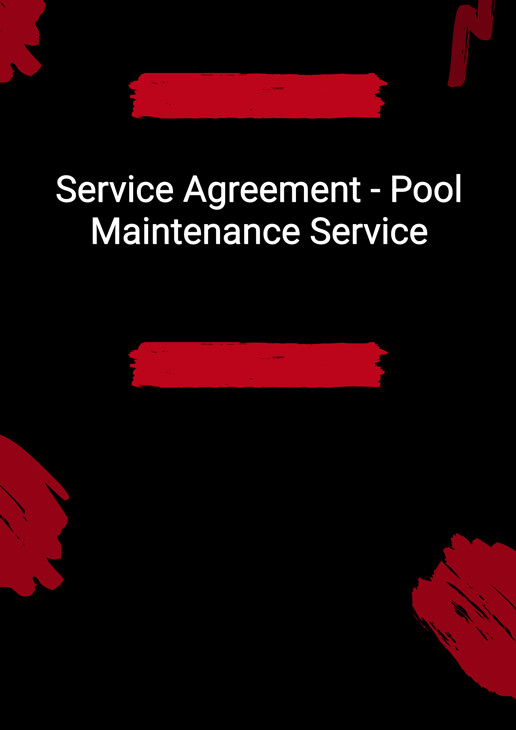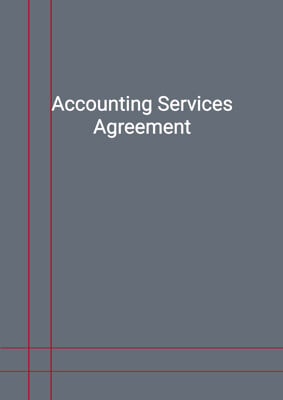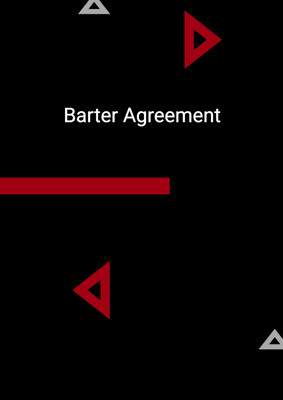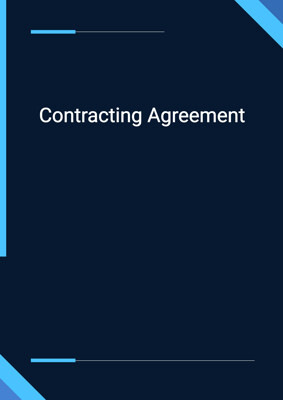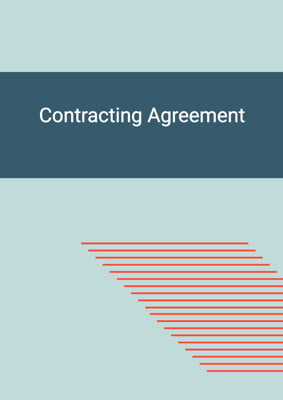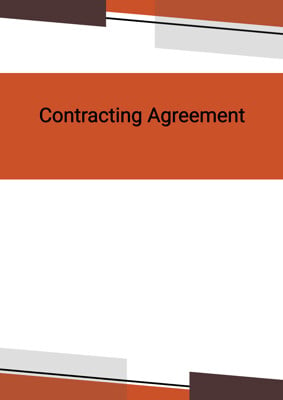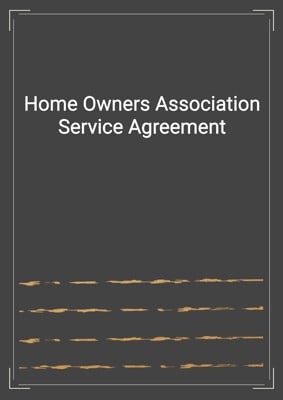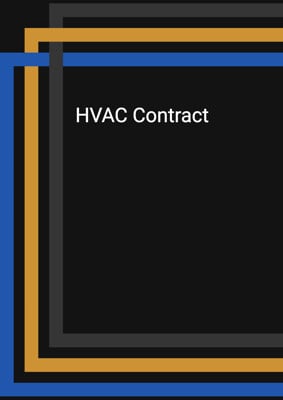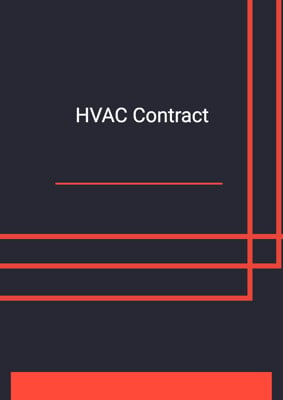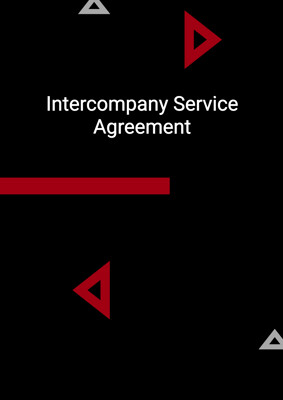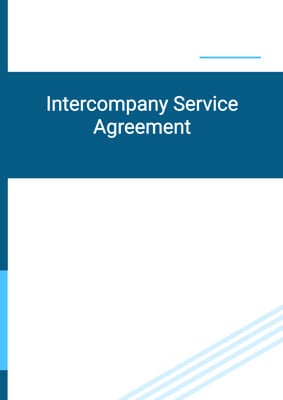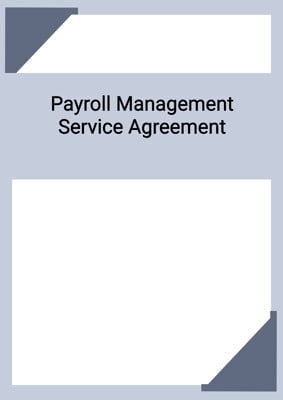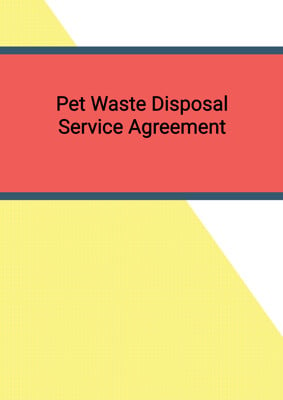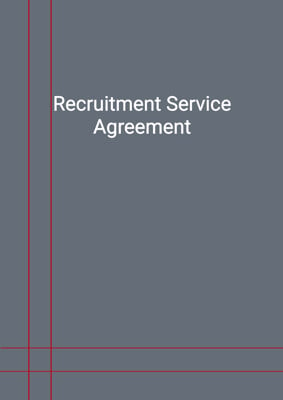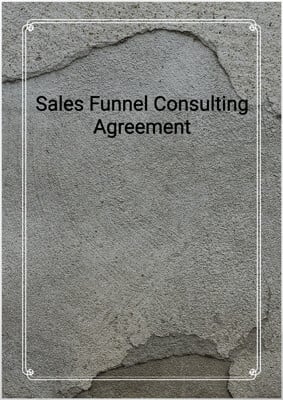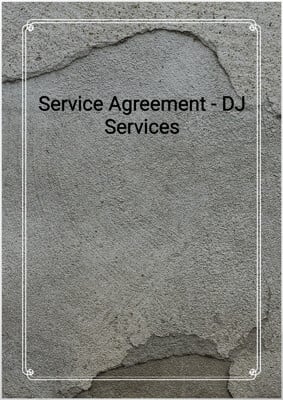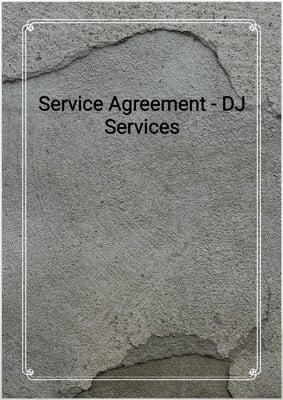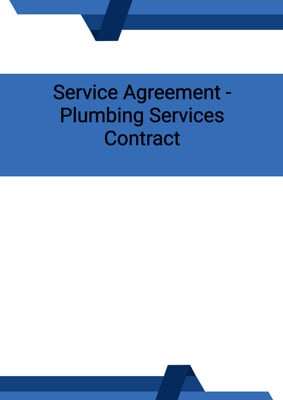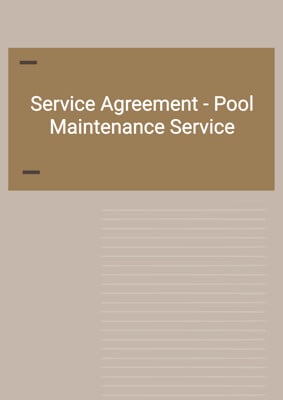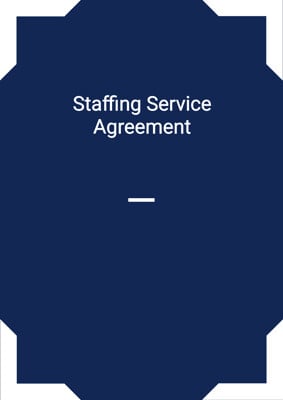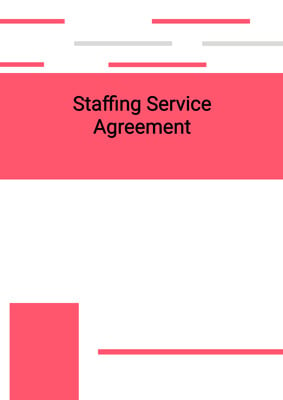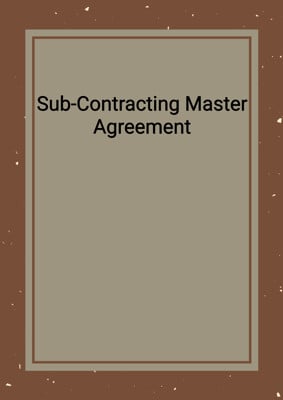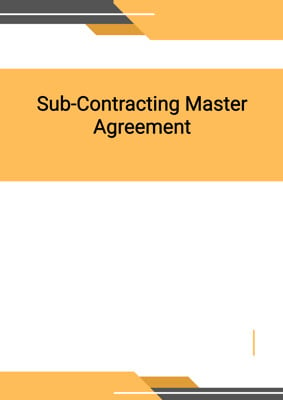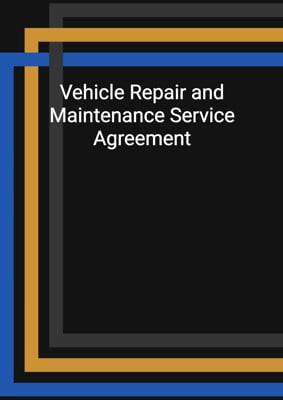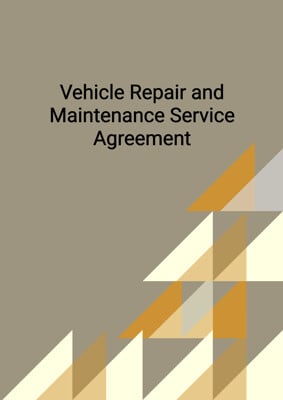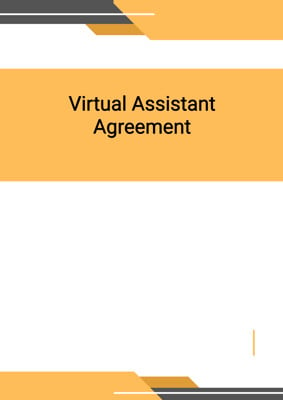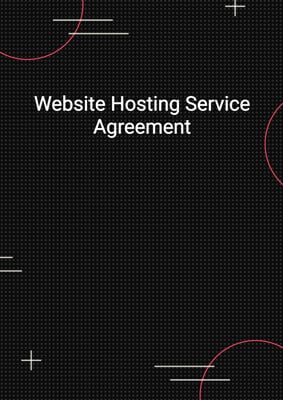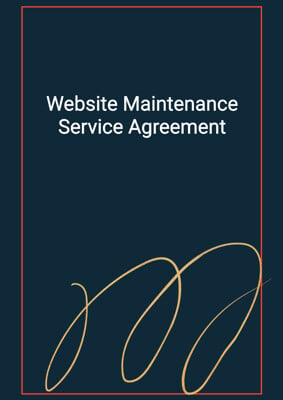How to Tailor the Document for Your Need?
01
Create Document
Fill in the details of the parties. You can click the "Fill with Member’s Information" button to complete it with information saved to your account.
02
Fill Information
Please fill in any additional information by following the step-by-step guide on the left hand side of the preview document and click the "Next" button.
03
Get Document
When you are done, click the "Get Document" button and you can download the document in Word or PDF format.
04
Review Document
Please get all parties to review the document carefully and make any final modifications to ensure that the details are correct before signing the document.
Document Preview
Document Description
This service agreement is a legally binding document that outlines the terms and conditions between the servicer and the client for the provision of pool maintenance services. The agreement highlights the importance of the document by emphasizing the need for clear identification of both parties and the scope of work to be carried out.
The entire document is divided into several sections, each addressing specific aspects of the agreement. The introduction provides a brief background of the servicer's business and the client's requirement for pool maintenance services. It also establishes the agreement between the parties and defines key terms used throughout the document.
Section 2 focuses on the servicer's obligations, including the use of professional knowledge and skills to provide the services. It outlines the frequency of service provision and the servicer's commitment to perform the services in a professional and diligent manner. The section also highlights the servicer's compliance with applicable laws and regulations and the need to follow any instructions or variations issued by the client.
Section 3 emphasizes the importance of completing the work within the agreed timeframe. It allows for the possibility of extending the completion date if there are valid reasons for delay. It also mentions the client's entitlement to liquidated damages if the services are not completed by the completion date.
Section 4 addresses the assignment of employees by the servicer to perform the services. It sets expectations regarding the conduct of employees, prohibiting them from performing services under the influence of alcohol or drugs.
Section 5 emphasizes the servicer's responsibility to obtain all necessary licenses and permits for providing the services. It also highlights the need for appropriate permits and certifications when applying chemicals on the property.
Section 6 focuses on the background checks conducted by the servicer on its employees. It declares that employees have no criminal history and are not listed on any sex-offender registry.
Section 7 highlights the requirement for the servicer to obtain the necessary licenses and approvals for doing business in the relevant jurisdiction.
Section 8 outlines the payment terms, including the service fee payable by the client and the invoicing process. It also mentions the servicer's responsibility to keep records of expenses and obtain written consent for any expenses exceeding a certain limit.
Section 9 addresses warranties and indemnities. It requires the servicer to promptly notify the client of any delays, problems, or complaints related to the services. It also outlines the servicer's liability for personal injury or death arising from the services and the need for appropriate insurance coverage.
Section 10 covers the term and termination of the agreement. It allows for termination by either party with prior notice and outlines the consequences of termination, including the servicer's obligation to leave the property and the client's liability for the completed services.
Section 11 addresses the ownership of materials, stating that materials and goods become the property of the client. It also mentions the ownership of intellectual property developed under the agreement.
Section 12 emphasizes the confidentiality of the agreement and the obligation of the parties to keep information confidential, subject to certain exceptions.
Section 13 restricts the parties from making announcements or disclosures without prior written approval, except as required by law.
Section 14 states that any variation of the agreement must be in writing and signed by the parties.
Section 15 prohibits the servicer from assigning the agreement or sub-contracting the performance without the client's consent.
Section 16 includes a severability clause, stating that any illegal or unenforceable provision shall be deemed not to be included, without invalidating the remaining provisions.
Section 17 requires the parties to perform further acts and execute further documents as necessary to implement the agreement.
Section 18 includes a warranty of capacity and power, stating that each party has the authority and capacity to enter into and carry out its obligations under the agreement.
Section 19 addresses force majeure, stating that none of the parties shall be liable for any failure or delay in performing their obligations due to causes beyond their control.
Section 20 clarifies that the agreement does not confer any rights on third parties.
Section 21 encourages amicable resolution of disputes and mentions that the proper law of the agreement is applicable.
Section 22 outlines the requirements for notices and service, including the methods of delivery and the addresses of the parties.
Section 23 allows the agreement to be executed in counterparts, with each counterpart considered an original document.
How to use this document?
To use this service agreement effectively, follow these steps:
1. Provide information: Enter the names and addresses of both the servicer and the client in the agreement. This ensures clear identification of the parties involved.
2. Define the scope of services: Describe the pool maintenance services to be provided by the servicer. Specify the frequency of service provision and any seasonal variations. This ensures that both parties understand the expectations and requirements.
3. Establish obligations: Outline the servicer's obligations, including the use of professional knowledge and skills, compliance with laws and regulations, and adherence to client instructions. This ensures that the servicer understands their responsibilities.
4. Set completion date: Agree on a completion date for the services. If necessary, allow for extensions based on valid reasons for delay. This provides a timeline for the completion of the work.
5. Specify damages: Determine the amount of damages per week that the client is entitled to if the services are not completed by the completion date. This establishes the consequences of non-completion.
6. Assign employees: Specify that the servicer will assign a team of employees to perform the services. Prohibit employees from performing services under the influence of alcohol or drugs. This ensures the safety and professionalism of the workforce.
7. Obtain licenses and permits: Ensure that the servicer obtains all necessary licenses, permits, and certifications required to provide the services. This ensures compliance with legal and regulatory requirements.
8. Conduct background checks: Require the servicer to conduct comprehensive background checks on all employees. This ensures the safety and security of the client's property.
9. Agree on service fees: Determine the service fee payable by the client and establish the invoicing process. Specify the timeframe for payment and the servicer's responsibility to keep records of expenses. This ensures clarity regarding financial obligations.
10. Address warranties and indemnities: Establish the servicer's obligations to promptly notify the client of any issues or complaints related to the services. Ensure that the servicer maintains appropriate insurance coverage for liability arising from the services. This protects both parties in case of any unforeseen circumstances.
11. Define term and termination: Specify the duration of the agreement and the conditions for termination. Allow for termination by either party with prior notice. Establish the consequences of termination, including the servicer's obligation to leave the property and the client's liability for completed services.
12. Address ownership of materials: Clarify that materials and goods become the property of the client. Establish ownership of intellectual property developed under the agreement. This protects the client's interests.
13. Maintain confidentiality: Emphasize the importance of keeping the terms of the agreement and any confidential information confidential. Specify exceptions where disclosure may be required by law.
14. Seek approval for announcements: Obtain written approval from all parties before making any announcements or disclosures related to the agreement. This ensures proper communication and avoids any unauthorized disclosures.
15. Review and amend: Regularly review the agreement and make any necessary amendments in writing, signed by all parties. This allows for updates and changes to reflect evolving circumstances.
By following these steps, you can effectively use this service agreement for pool maintenance services.
Not the right document?
Don’t worry, we have thousands of documents for you to choose from:
